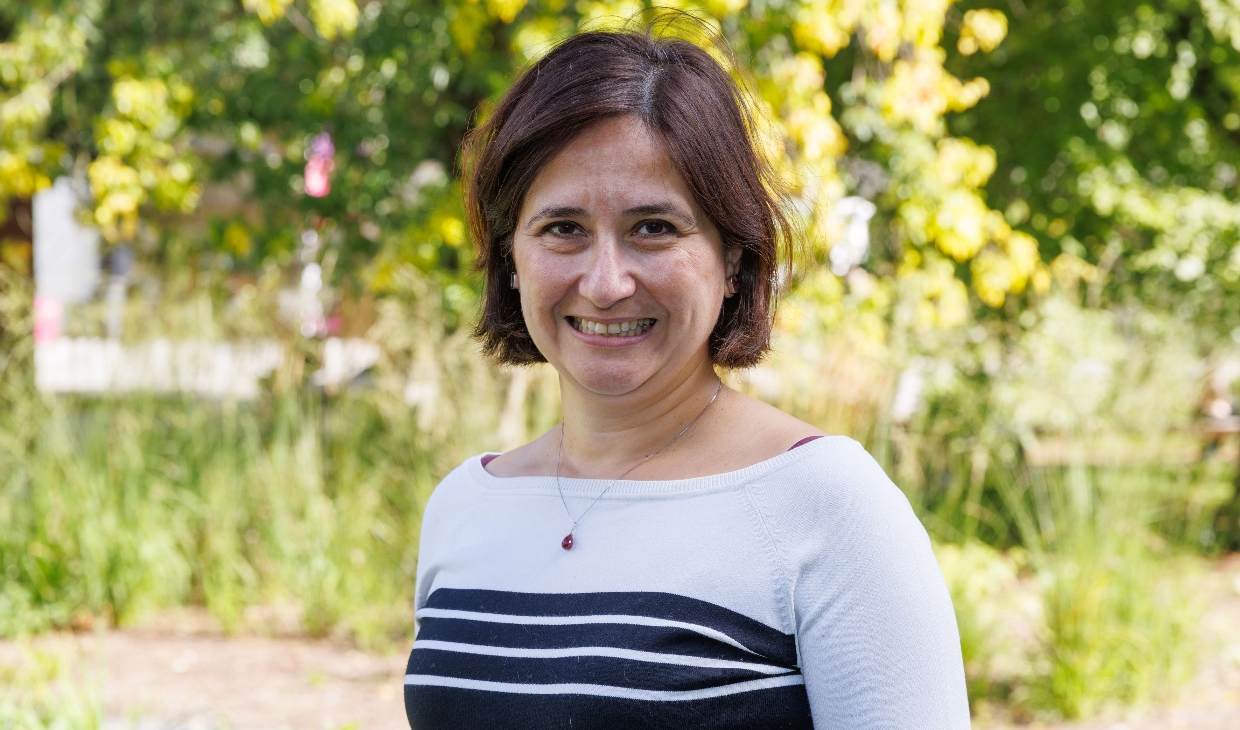Study of cancer patients finds need for mental health support
A study of cancer patients has found a need for mental health support
/filters:format(webp)/filters:no_upscale()/prod01/cdn/media/stirling/news/news-centre/2024/august/1920X689iStock-1396429640.jpg)
A study of the psychological impact of cancer could lead to better support for patients.
Researchers in the University of Stirling’s Division of Psychology joined a team of academics who analysed responses to questionnaires completed by almost 5,000 people with head and neck cancer in the UK.
The team which included researchers at the University of Aberdeen, University of St Andrews, University of Delaware and University of Bristol, looked at how changes in anxiety and depression symptoms during the first year after cancer diagnosis may relate to fear about cancer coming back, which patients said can be debilitating.
Globally, head and neck cancer is the seventh most common cancer group, accounting for 900,000 new diagnoses each year. In the UK, there are 35 new cases every day.
Professor Gozde Ozakinci of the University of Stirling’s Faculty of Natural Sciences, said: “Due to the location of the cancer, treatment may mean that there’s highly visible disfigurement and long-term impact on eating, speaking, and breathing.
“This means that head and neck cancer patients experience high levels of psychological distress – some of the highest among all cancer groups. Despite this, efforts to understand distress for head and neck cancer patients and how it develops have been lacking.”

Professor Ozakinci (pictured above) and fellow researchers worked with data collected by Head and Neck 5000, one of the largest clinical studies of people with head and neck cancer.
The team looked at a sample of 4,891 head and neck cancer patients who filled in questionnaires about anxiety, depression, and fears about cancer coming back.
They found that 34.2% of the participants experienced an increase in anxiety in the first four months of their treatment, while 59.3% experienced an increase in depression in the same period. Approximately 67% experiencing anxiety and 74% experiencing depression reported clinically significant increases in symptoms.
Professor Ozakinci said: “Patients may see worry as a way of being prepared for cancer coming back and this unhelpful belief may lead to rumination, reduced quality of life and behaviours that are not helpful.
“The psychological distress associated with head and neck cancer treatment is significant and patients express the need to be supported but this need is not always met.
“By identifying how anxiety at the beginning of cancer treatment can impact on fears of cancer coming back, we can work with health care providers who interact with the patients and put support in place so that these anxieties are addressed.”
The paper Anxiety, depression, and fear of cancer recurrence in head and neck cancer was published in the American Psychological Association journal Health Psychology.
